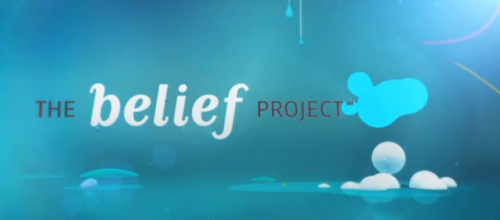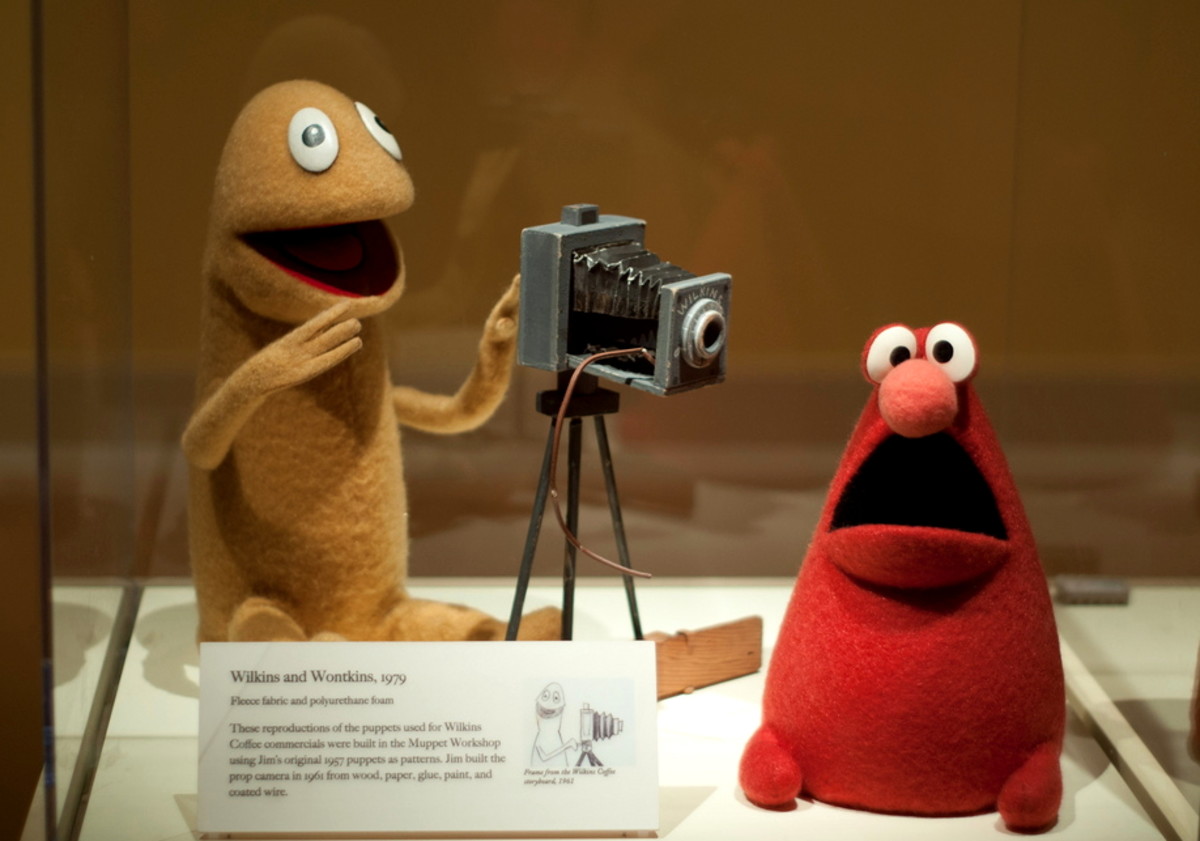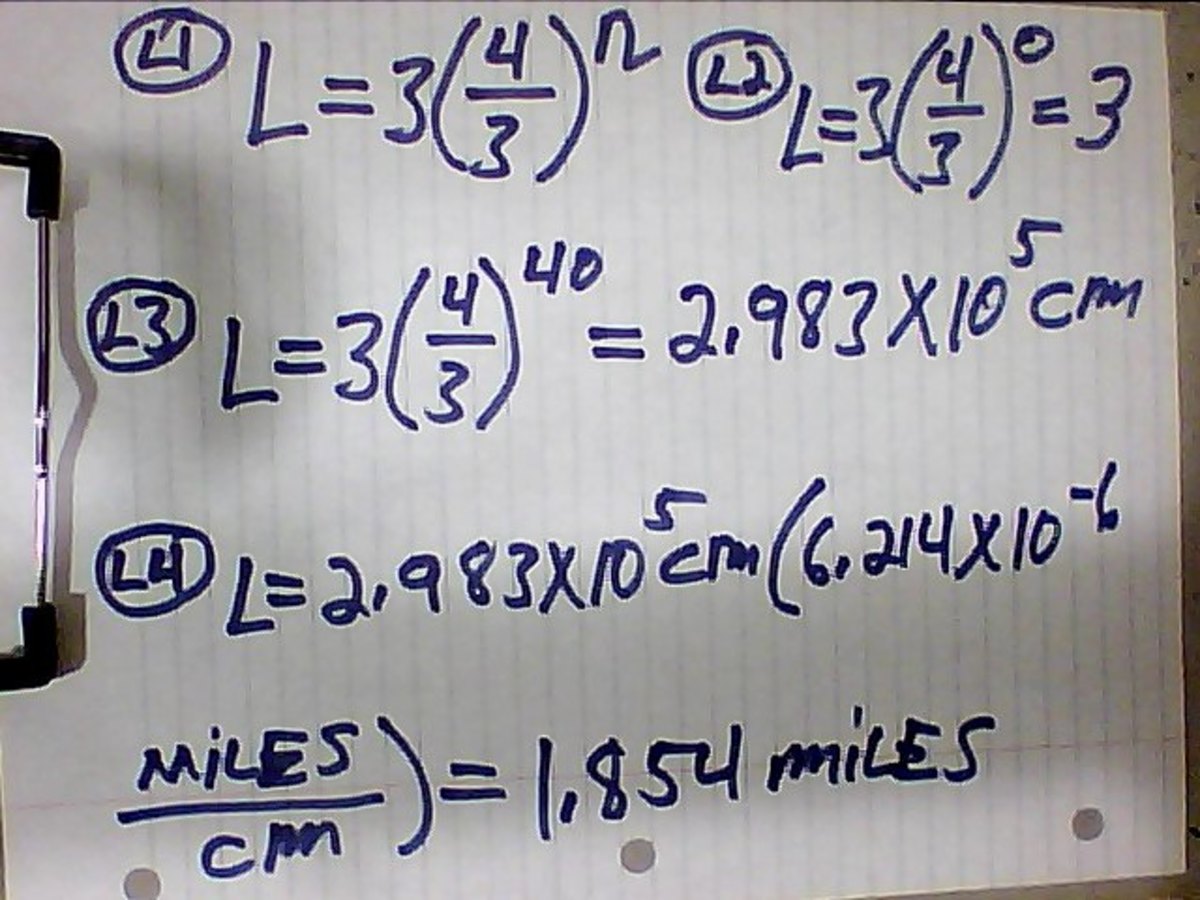Subliminal Ads - How Subliminal Advertising Exploits Spiritual and Existential Needs With Hidden Messages

Subliminal Ads: Subliminal Advertising and Existential/Spiritual Messages
We all know that sex sells. After all, it is one of the most driving forces for the human animal. But advertisers have learned what may sell better than sex: higher meaning, life purpose, and the ability to make sense out of life in a chaotic world. These are universal human needs which, in a commercial society that already has its baser (physiological) needs mostly met, rank at the top list of priorities. And what's more, these are the very needs for which postmodern society presents a gaping void, an emptiness that people are trying desperately to fill in any way possible. There is no shortage of ads which attempt to sell products by accessing the spiritual or "existential" dimension of the human mind. There are several reasons I call this "subliminal advertising":
- The products being sold have nothing to do with, and can present no possible solution to the deeper life issues that are layered into the advertisement.
- The spiritual/existential themes are embedded in these ads in such ways that most people will not immediately realize that these grand themes are present. Thus, these themes are passed below conscious recognition, acting directly on the subconscious instead. This way, the conscious, rational mind has no way to defend itself by objecting that these themes are completely irrelevant to the product being sold.
- The advertisement thus manipulates the person into buying for purely subconscious reasons.
Asking the Big Questions
Play the video to the right. It is a commercial for Comcast cable, which begins with a woman asking, "How am I ever going to find the answer?"
The answer to what? The commercial doesn't say. It is simply, "the" answer.
The next thing the woman says is, "What are the questions?" So not only is "the answer" elusive, but we don't even know for sure what questions we should really be asking. This is the the human dilemma in a nutshell. This is what drives us.
But when the woman asks these deep philosophical questions, they are disguised by her surroundings. For example, she is looking through library books before she asks about how she will ever find the answer. The implication is that she is at the library searching for an answer to a particular question, and can't seem to find the book she needs. But if you listen to her words alone, they present the philosophical inquiry that is central to the human condition. But the library setting masks this theme from the conscious mind, so only the subconscious is aware of it.
The next questions in the advertisement (asked by a Buddhist monk) are: "How can I connect with the world around me?", "Which path is the best to choose?", and "What is the coolest technology...?"
The "answer" is given in the very next word: "Comcast".
The first two questions, coming from a Buddhist monk, have an undeniably spiritual dimension. "How can I connect with the world around me?" addresses our sense of alienation, which has always been a part of being human, but becomes more and more desperate in "postmodern" society, where everything is automated and genuine human interaction almost seems like a forgotten relic from the past. By the same token, we have always asked ourselves, "Which path is the best to choose?", but in our current world, where information, ideas, and beliefs fly around the planet at the speed of the internet, we are all the more confused about which direction to go.
The third question, "What is the coolest technology...?", is the only question to which the response, "Comcast", could possibly be appropriate. And on the surface, it appears that the response, "Comcast", is a reply to that last question. But believe it or not, your subconscious mind has just been told that Comcast is the answer to life's deepest, most important questions. True, Comcast internet could help you "connect with the world around you" in a technological sense, but certainly not in a spiritual sense--a sense emphasized by the fact that the question about connection is asked by a Buddhist monk, and is immediately followed by another deep question.
Notice that the commercial does not simply come right out and assert, "Comcast is the answer to humanity's most urgent, universal questions". If it had used that approach, the conscious mind would have responded with complete ridicule and disregard. But under the disguise of humor, the ad expertly slips in this precise absurd suggestion to the subconscious mind, which doesn't posses the sort of faculties of reason and logic with which to resist its absurdity. The subconscious mind is completely sold on the idea.
Coke Explains Life
This ad, part of Coke's advertising campaign, "The Coke Side of Life", demonstrates that humor isn't the only way to mask a spiritual claim about an entirely mundane product. A cartoon and a catchy little song works just as well. The only words in the commercial are sung: "Give a little love and it all comes back to you. You're gonna be remembered for the things you say and do." While I believe that these words do express a profound spiritual truth, that spiritual truth has nothing to do with Coca Cola, as the advertisement suggests on a subconscious level. The lyrics, "Give a little love..." begin to play immediately after someone is given a Coke. Once more, while your logic and reason would realize that giving love and giving Coke are two different things, your subconscious just takes in what it sees and hears at face value.
The ad even addresses our fear of the future. Two signs which read, "The End is Near" are changed to read, "Give a Little Love". Since the ad has already implanted the suggestion that "love" is "Coca Cola", the product is now associated subliminally with a feeling of reassurance about the future, in which any good outcome is possible if we embrace Coke (that is, "love").
Note that I very much appreciate the ad's spiritual message itself. The song, by songwriter Paul Williams, and the song's message, are beautiful. But I think that a great deal of that beauty is marred if we consider that the ad is subliminally equating a carbonated beverage with as marvelous an ideal as love itself. Remember, this is an advertisement. As such, it's sole purpose is to sell more Coke. It is not designed to remind you of the importance of love, but to plant in your subconscious mind an association between the importance of love and the importance of their product.
Joy is a Gift
The clincher is at the end of this video, with the statement, "Joy is a gift, and this is the box (a McDonald's box) that it comes in." After my comments on the last two ads, I don't think I need to say a whole lot about this one. Coke = Love. McDonald's = Joy.So it would appear that the highest spiritual/existential ideals all turn out to be food products.
Notice that this advertisement disarms us with a song and a cartoon, exactly like the Coke commercial. Notice also that the ad is associating McDonald's with the particular kind of joy that comes from being with family and friends. While it is true that the deep and enduring joys in life, such as sharing time with family, are a wonderful gift, they do not come from McDonald's.
Making Sense of the Chaos
Humanity today is indeed swimming in chaos. We feel at a loss for what to believe, how to act, and what to value. We don't know "the answer". We don't even know what the right questions are. We long for direction. We crave genuine connection with the world around us. We think highly of spiritual ideals like love and true joy, but we scarcely know where such things are to be found. It is in the face of this existential vacuum, this yawning chasm of nihilism, that a whole array of advertising is more than happy to sell us the answer in the form of products which really provide no answers at all. "Buy our product, and you can finally make sense out of the chaos," say ads such as the one pictured here (play the video). But if we become rationally aware of their tactics, we can reply, "That is simply false advertising".
They say that all is fair in love and war. Advertising is war. Buyer, beware.








